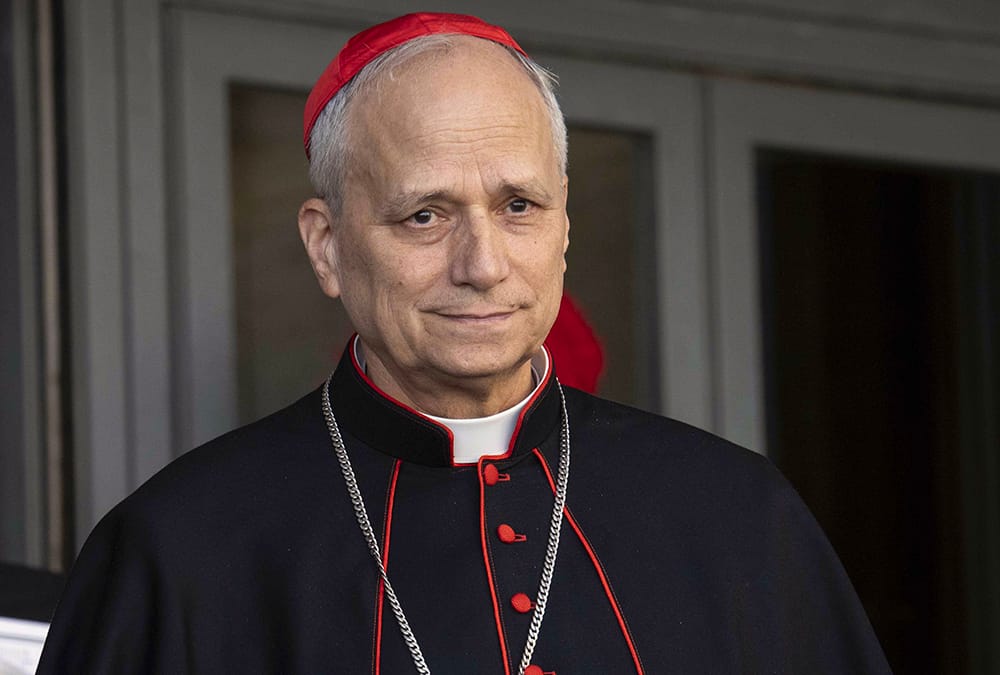At this point there is no doubt as to whether we are having an authoritarian moment. We are — but we don’t yet know how long it might last or how exactly we will exit from its grip. This week we glimpsed what may be the beginnings of a pathway out, with the historic election of Cardinal Robert Prevost as Pope Leo XIV.
We should start with the disclaimer that the Catholic Church has not been a reliable defender of liberalism or human rights, having turned a blind eye to (or even tacitly supporting) abuses by Mussolini and Hitler, as well as the massive pedophilia scandal that has rocked the Church. But evaluating the realities of this specific moment, the Church is currently in a position to serve as an important counterbalance to the autocratic, misanthropic dictators allied in their effort to upend liberal democracy.
As an American, Prevost can speak directly to United States politics in a voice that has some cultural resonance, but also to a significant constituency that is material for Republicans. While a significant percentage of US Catholics disagree with Republican positions on abortion (6 in 10 think abortion should be legal), Republicans have relied heavily on Catholic voters to win elections. A Pope willing to call out Republicans will force Catholics to choose a side. Prevost’s denunciation of Vice President JD Vance’s bad-faith interpretation of the doctrine of Ordo Amoris (using it as justification for denying rights to immigrants) is an early example of how he may serve as a moral counterweight.


